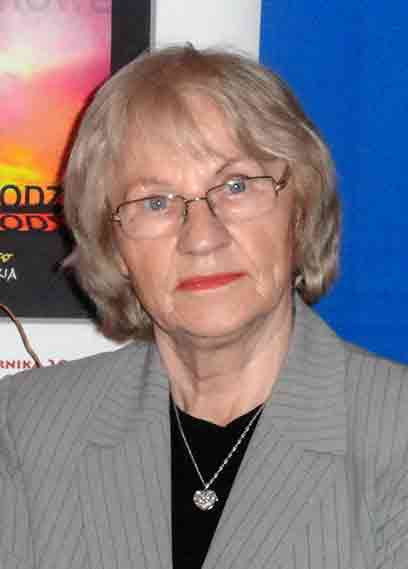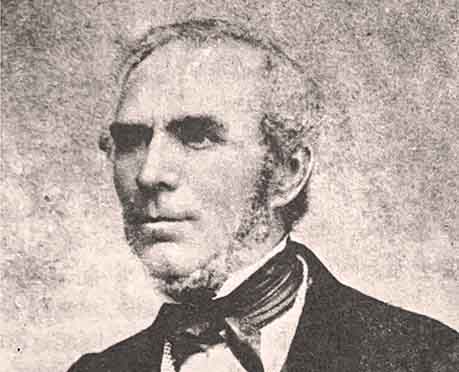"The homeland is the land and the graves. Nations lose their lives by losing their memories." Such an inscription appears on the wall surrounding the historic cemetery at Pęksowy Brzysko in Zakopane.
The shortest encyclopaedic definition of a nation states:
A nation is a community of people formed in the historical process on the basis of language, religion, territory, social and economic life, manifesting itself in the culture and consciousness of its members. The nation stands out from other collectivities by its national awareness, that is, by the sense of belonging to a community defined as a nation. [Wikipedia]
What the members of the nation have developed over the centuries of their history and passed on to future generations in material and cultural form, is the national heritage. In the United States, the Polish diaspora remembers their national heritage and rewards the most distinguished members to celebrate them with special state awards.
On October 15, in the southern district of Milwaukee, the Polish community and its American friends celebrated the Polish Heritage Month, which they combined with the national reading of excerpts from the masterpieces of Polish literature. The year 2022 is devoted to Polish Romanticism, but the organizers expanded the national reading to include several other pieces with patriotic content, but also related to touching personal poetry.
It is not easy to be an immigrant and to define patriotism. For people whom fate, for various reasons, has thrown beyond the borders of their country, the homeland is associated with Tuwim's drawer, into which over the years memories are thrown, composed of personal events and those moments that have influenced our lives, as members of the proud Polish nation.
The meeting began according to the tradition, with the Holy Mass, celebrated by Fr. Bogumił Czaja, who was also the host. He delivered a beautiful sermon on the role of religion in shaping national memory and identity. In the second part of the meeting, hosted by the parish community of the Church of St. Peter and Paul, there was a moving reading of A. Mickiewicz's ballads, poems by CK Norwid, fragments of "Polish Flowers" by J. Tuwim, "Songs" by K.I. Gałczyński, interspersed with music performed by the parish choir, which deserves great praise for the performance of the songs in Polish. The literary part ended with the optimistic song by Jan Kochanowski "Don't Give Up Hope" (Nie porzucaj nadzieje).
After the reading, a feast of Polish dishes prepared by the parishioners ensued.
Afterwards, long evening conversations among Poles took place. The meeting extended to almost four hours, but probably because time was passing too fast. Kuryer Polski, a co-organizer of the project, would like to thank everyone, the organizers and participants, for the opportunity to be together, for their emotions and spiritual experiences.
Hopefully it was not the last, but the first such initiative. Let's not say goodbye, but "see you again".






